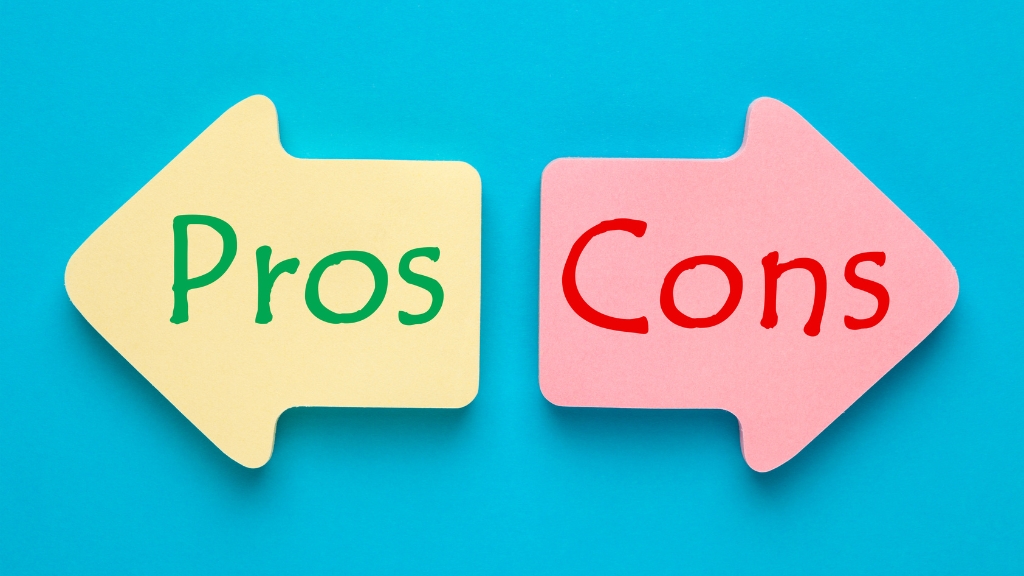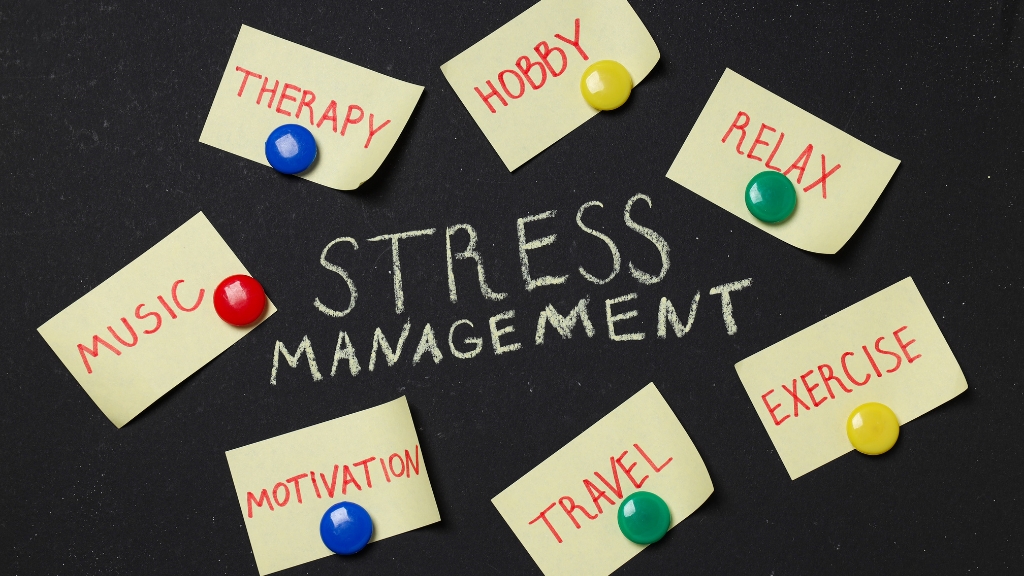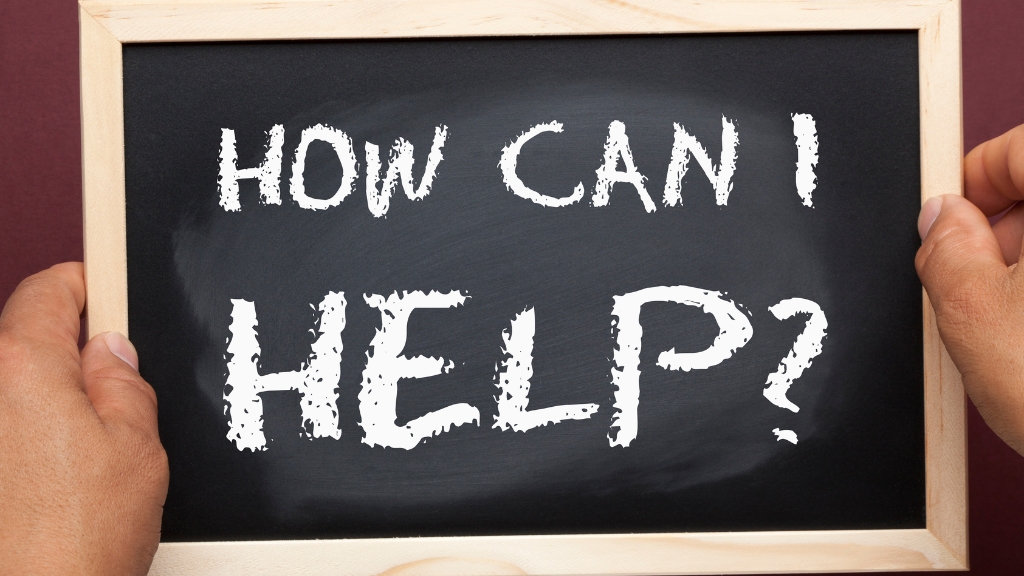
How Counseling Can Improve Relationships and Communication
Healthy relationships are built on trust, communication, and mutual respect. Yet, every relationship encounters challenges—misunderstandings, differing values, or stress from life’s demands. Counseling can play a transformative role in improving relationships by addressing communication barriers, fostering empathy, and teaching conflict-resolution skills. Here, we explore how counseling can strengthen relationships and enhance communication for couples, families, and individuals.
Understanding the Root Causes of Conflict
Relationship conflicts often stem from underlying issues, such as unmet needs, unresolved past hurts, or differing values. Counseling provides a structured environment where individuals or couples can examine these root causes and understand each other’s perspectives more deeply. Individuals can better navigate their relationship challenges by identifying triggers and discussing past experiences that may be affecting current behaviors.
- How It Helps: Counseling creates a safe space to discuss and process past issues, promoting understanding and emotional healing.
Developing Effective Communication Skills
Miscommunication is one of the most common sources of tension in relationships. Counseling teaches effective communication techniques, such as active listening, expressing needs openly, and recognizing nonverbal cues. With these skills, individuals learn to communicate in respectful, empathetic, and solution-focused ways.
- How It Helps: Improved communication techniques reduce misunderstandings and encourage honest dialogue, strengthening trust between partners or family members.
Building Emotional Intelligence and Empathy
Emotional intelligence—the ability to understand and manage one’s own emotions and recognize the feelings of others—is critical for healthy relationships. Counseling helps individuals increase their emotional intelligence by identifying their feelings and learning to respond empathetically to others.
- How It Helps: Counseling fosters empathy, helping individuals become more attuned to each other’s emotions, which can prevent misinterpretations and foster closer bonds.
Learning Healthy Conflict Resolution
Every relationship experiences disagreements, but how couples handle these conflicts determines their strength. Counseling can teach constructive conflict-resolution strategies, such as staying calm, focusing on the issue rather than the person, and finding compromise without resentment.
- How It Helps: By developing healthy conflict-resolution skills, individuals can handle disagreements without damaging their relationship, promoting a more harmonious connection.
Strengthening Intimacy and Connection
Emotional closeness is essential for relationship satisfaction. In couples counseling, partners explore ways to nurture physical and emotional intimacy, which can help reignite connection. Through structured activities and open discussions, counseling encourages couples to express appreciation and affection more openly.
- How It Helps: Counseling helps couples reconnect and deepen their bond, making their relationship more resilient and fulfilling.
Addressing Individual Issues Affecting Relationships
Sometimes, personal challenges like stress, anxiety, or unresolved trauma can impact relationships. Counseling allows individuals to work through these issues, improving their mental well-being, which, in turn, positively impacts their relationships.
- How It Helps: By addressing personal struggles, individuals become better equipped to engage in healthy, supportive relationships.
Setting and Respecting Boundaries
Healthy relationships require clear boundaries protecting each partner’s personal space and needs. Counseling can help couples and families define and respect each other’s emotional, physical, or practical boundaries. By doing so, individuals maintain their sense of self while building a stronger connection.
- How It Helps: Setting boundaries fosters respect and trust, ensuring both partners feel valued and safe.
Encouraging Positive Behavioral Changes
Sometimes, behavior patterns—like criticism, defensiveness, or stonewalling—can erode a relationship over time. Counseling can help individuals recognize and replace these patterns with healthier habits, like practicing gratitude, validating each other’s experiences, and showing appreciation regularly.
- How It Helps: Small, positive behavioral changes can significantly improve relationship satisfaction and foster a more supportive dynamic.
FAQs
Q: Can counseling help improve family relationships as well?
A: Yes, family counseling can help resolve conflicts, improve communication, and strengthen family bonds by providing tools that encourage understanding and cooperation.
Q: Do we need counseling if we aren’t experiencing significant issues?
A: Absolutely. Many couples and families attend counseling for preventive reasons, to enhance communication skills, or to address minor issues before they escalate.
Q: How long does it take to see improvement in relationships through counseling?
A: It varies, but many individuals notice positive changes within a few sessions. Progress depends on the participants’ engagement and the complexity of the issues being addressed.
Q: Can I attend counseling alone if my partner isn’t interested?
A: Individual counseling can still benefit relationships by helping you develop healthier communication and coping skills that positively impact your interactions.
Leave a Reply
- AI in Diagnostics: Revolutionizing Early Detection and Accuracy
- How AI and Advanced Analytics Are Transforming Healthcare Outcomes
- Investing with Confidence: The Role of ROI Calculators
- How ROI Calculators Drive Data-Driven Business Strategies
- The Ultimate Guide to ROI Calculators for Business Success
- Making Sense of ROI Calculators: A Comprehensive Guide
- June 2025 (1)
- May 2025 (1)
- October 2024 (2)
- September 2024 (31)
- August 2024 (31)
- July 2024 (27)
- June 2024 (28)
- May 2024 (30)
- April 2024 (33)
- March 2024 (23)
- February 2024 (29)
- January 2024 (3)
- December 2023 (47)
- November 2023 (36)
- October 2023 (23)
- September 2023 (2)
- June 2023 (2)
- May 2023 (13)
- April 2023 (1)




